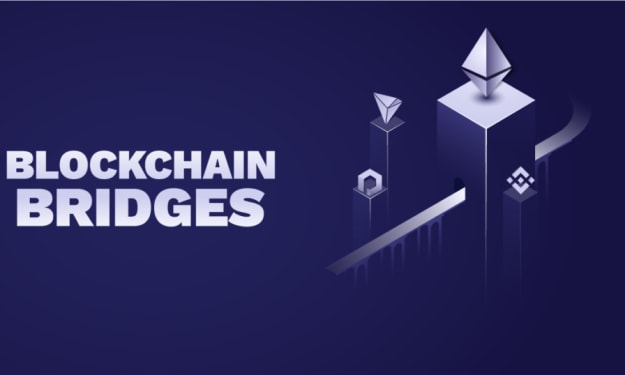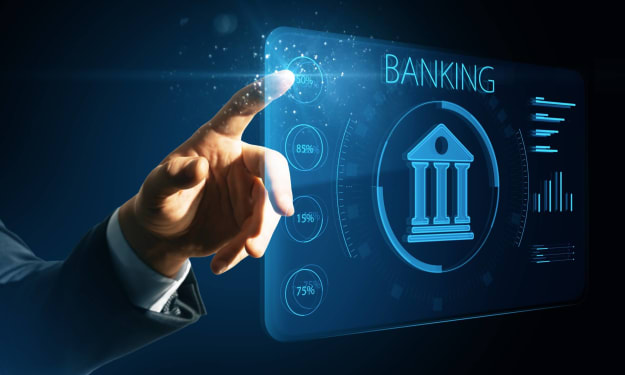
Smart contract and Blockchain
First of all, smart contracts are not a novelty that is necessarily associated with the blockchain. In fact, they were already experimented with in the 90s and conceived much earlier, and they have their own specific dimension independent of the Blockchain. Certainly, the Blockchain phenomenon has allowed, and is allowing, to have those guarantees of Trust, Reliability and Security that in the past were necessarily delegated to a “third” figure. Let’s say, as a final premise before going into the merits, that in the development and management of Bridge Smart Contract Development Services projects, today those professionals who know how to combine legal knowledge with solid technical and development skills seem to have advantages.
We have said that in the 1990s the technologies allowed to implement forms of experimentation with smart contracts, but the idea of the smart contract actually dates back to the mid-1970s. The term adopted at that time was not Smart Contract, but the concept was essentially what gave rise to Smart Contracts. At that time, the requirement was very simple and referred to the need to manage the activation or deactivation of a software license according to very simple conditions. In fact, the license of certain computer programs was managed by means of a digital key that allowed the operation of the program if the client had paid for the license and it stopped working on the expiration date of the contract. In a very basic way, it was a smart contract.
IoT data for smart contracts
A Smart Contract is the “translation” or “transposition” of a contract into code in such a way that compliance with certain conditions is automatically verified (control of basic data of the contract) and the actions are automatically self-executed (or instructions are given for them to be executed certain actions) when the conditions determined between the parties are reached and verified. In other words, the Smart Contract is based on a code that “reads” both the clauses that have been agreed upon and the operating conditions in which the agreed conditions must be met, and it automatically executes itself when the data referring to the real situations corresponds. with the data referring to the agreed conditions and clauses.
For simplicity, the smart contract needs legal support for its drafting, but it does not need legal support for its verification and activation. However, the smart contract refers to the rules of behavior and access to certain services and is made available, accepted and applied as a way of developing traditional services and without Cross chain bridge development ecessarily declaring that it is a smart contract.
Big Data and data science for smart contracts
Precisely because the absence of human intervention also corresponds to the absence of an interpretive contribution, the smart contract must be based on extremely precise descriptions for all the circumstances, all the conditions and all the situations that must be considered. Therefore, the management of data and Big Data in particular becomes an essential critical factor to establish the quality of the smart contract.
At the same time, it is crucial that smart contracts define very precisely the data sources that the contract must adhere to. Smart Contracts are called to receive data and information from subjects that are defined and certified by the parties in the contract itself and that must be identified, controlled, read and interpreted by the Smart Contract based on precise rules that in turn represent one of the the most relevant and strategic parts of the contract that obviously determine the final result.
And here comes the most relevant point about the substantial differences between traditional contracts and Smart Contracts. The smart contract is, in fact, the “child” of the execution of a code by a computer. It is a program that processes in a deterministic way (with identical results under identical conditions) the information that is collected. In other words, if the inputs are the same, the results will be identical. This point is extremely relevant because if, on the one hand, it represents certainty and security, since it guarantees the parties an absolute “certainty of objective judgment” excluding any form of interpretation, on the other hand, it transfers the burden and responsibility or even the power of decision to code, to programming, to development.
It is up to the contracting parties to define the conditions and clauses and the forms and rules of control and action, but once their contract has become a code and therefore a smart contract and the contracting parties accept it , the effects no longer depend on your will.
The blockchain is necessary to give confidence to smart contracts
And this is where the issue of trust shifts, out of the law firm and into the realm of the promoter. If the Smart Contract is called to do its job well, it must offer a series of guarantees to all the parties involved, and mainly at this point of our analysis it must guarantee that the code with which it has been written cannot be modified, that the data sources that determine the application conditions are certified and reliable, Build a cross chain bridge and that the way in which these sources are read and controlled is in turn certified.
The Cloud License of a company’s bill payment applications cannot be deactivated due to an error in the amount of the contracted operations or in the expiration date of the service or because payment confirmation has not arrived from the bank.
This brings us to the issue of trust. In traditional contracts, the value of the trust is paid and guaranteed by a third party, usually a lawyer or a notary. These figures continue to participate, although in a different way. An intermediary who dialogues with the parties and who, of course, charges for his services is still necessary. Alternatives to the role of natural persons have also been found for this role.
About the Creator
Sandyzakk
Enter and create digital economies, leveraging blockchain technology with our Metaverse development services. Design, build, and launch amazing experiences for your users effectively with a leading metaverse development company.






Comments
There are no comments for this story
Be the first to respond and start the conversation.